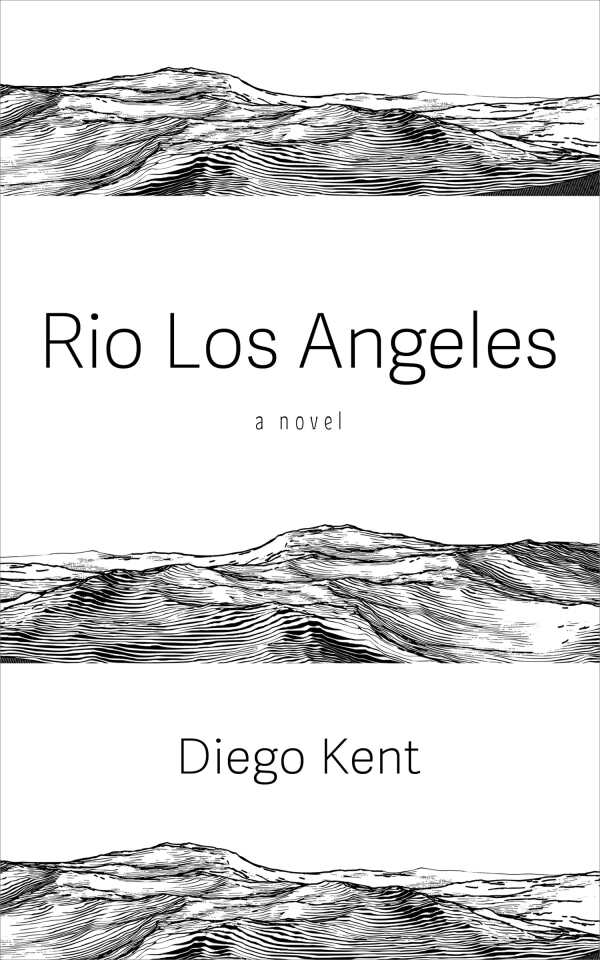Rio Los Angeles
A small island’s quiet is disturbed by outsiders in the adventure-filled novel Rio Los Angeles.
Centered in a seaside village, Diego Kent’s novel Rio Los Angeles is full of exciting developments.
Rio Los Angeles, a small island located between Maine and Nova Scotia, is home to almost three hundred residents. It has a strong tribal presence and influence, but Covid-19 left its tight knit community reeling. Its members work together to prevent additional financial ruin—and to confront bad actors with low intentions. Among the island’s residents, the Miranda family—members of the Keewit tribe and the guardians of Rio—helps to flesh out the island’s history, including its feuds between old families and its conflicts over tribal land.
Judah comes to Rio by chance, after he’s booted off a ship. He’s a self-proclaimed adventurer and world traveler, with interesting stories and skills. Judah earns the trust of the locals because of his endless knowledge on topics like architecture, fishing, and literature. He also helps the town out of a bind, saving a curmudgeon’s house from sliding off of its supports and into the ocean.
Thus, though the novel’s ostensible focus is on the island’s culture, Judah becomes its central hero. Still, while the book’s stories are most often told from Judah’s perspective, there are perspective switches to other prominent characters, too. Indeed, when others are allowed to be the focus: a more complete picture of the island is developed. Everyday moments in the small community reflect what the townspeople are worrying about, as well as what they’re hoping for. The islanders have their own sense of humor, ribbing each other and telling goofy jokes (“Why did the barnacle catch a ride on the turtle?” / “He was musseled off a rock”).
But while the novel works to convey the small community’s self-sufficiency, it is detail-oriented to the extreme. When obstacles arise, too many pages are dedicated to discussions of each possible angle and outcome. This extends to topics like starting a sustainable clam business, extracting salt from sea water, and carrying a body down a cliff, too. The story becomes didactic, rather than entertaining.
Judah’s arrival reignites some excitement—as does the fact that he is followed by actions and showdowns that mimic those of spy novels. Indeed, the locals have several run-ins with nefarious characters, leading to traumatic situations, including instances of rape, murder, and theft. Shipwrecks and a castaway situation (the latter of which features a strange amputation scene) further overburden the plot, whose abundant developments often have disquieting outcomes, and whose climactic moments are too numerous. Further, individual speakers are ill-distinguished in the book’s conversations; this couples with awkward word choices, leading to lags in the book’s progression.
A small island’s quiet is disturbed by outsiders in the adventure-filled novel Rio Los Angeles.
Reviewed by
Jenna Jaureguy
Disclosure: This article is not an endorsement, but a review. The publisher of this book provided free copies of the book and paid a small fee to have their book reviewed by a professional reviewer. Foreword Reviews and Clarion Reviews make no guarantee that the publisher will receive a positive review. Foreword Magazine, Inc. is disclosing this in accordance with the Federal Trade Commission’s 16 CFR, Part 255.

